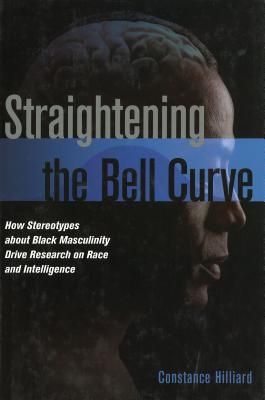Home
Ubuntu Relational Love: Decolonizing Black Masculinities
Loading Inventory...
Barnes and Noble
Ubuntu Relational Love: Decolonizing Black Masculinities
Current price: $36.99


Barnes and Noble
Ubuntu Relational Love: Decolonizing Black Masculinities
Current price: $36.99
Loading Inventory...
Size: Audiobook
*Product Information may vary - to confirm product availability, pricing, and additional information please contact Barnes and Noble
Ubuntu is a Bantu term meaning humanity. It is also a philosophical and ethical system of thought, from which definitions of humanness, togetherness, and social politics of difference arise. Devi Dee Mucina is a Black Indigenous Ubuntu man. In
Ubuntu Relational Love
, he uses Ubuntu oratures as tools to address the impacts of Euro-colonialism while regenerating relational Ubuntu governance structures.
Called “millet granaries” to reflect the nourishing and sustaining nature of Indigenous knowledges, and written as letters addressed to his mother, father, and children, Mucina’s oratures take up questions of geopolitics, social justice, and resistance. Working through personal and historical legacies of dispossession and oppression, he challenges the fragmentation of Indigenous families and cultures and decolonizes impositions of white supremacy and masculinity.
Drawing on anti-racist, African feminist, and Ubuntu theories and critically influenced by Indigenous masculinities scholarship in Canada,
is a powerful and engaging book.
Ubuntu Relational Love
, he uses Ubuntu oratures as tools to address the impacts of Euro-colonialism while regenerating relational Ubuntu governance structures.
Called “millet granaries” to reflect the nourishing and sustaining nature of Indigenous knowledges, and written as letters addressed to his mother, father, and children, Mucina’s oratures take up questions of geopolitics, social justice, and resistance. Working through personal and historical legacies of dispossession and oppression, he challenges the fragmentation of Indigenous families and cultures and decolonizes impositions of white supremacy and masculinity.
Drawing on anti-racist, African feminist, and Ubuntu theories and critically influenced by Indigenous masculinities scholarship in Canada,
is a powerful and engaging book.


















